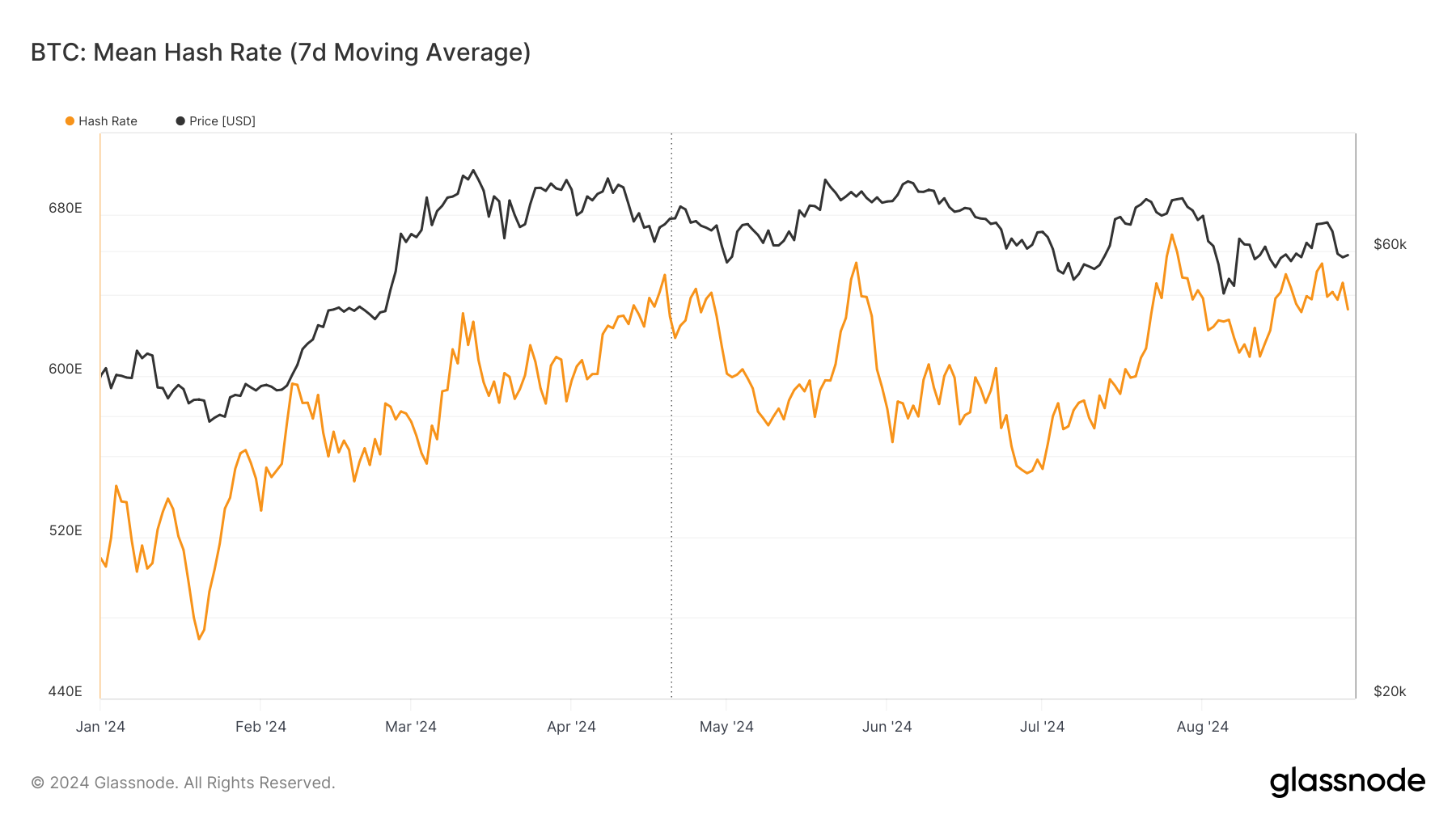Jack Dorsey’s digital payments firm Block (NASDAQ: SQ) lost $114 million in the final quarter of 2022 as customers’ fading interest in BTC mirrored the broader public’s ‘crypto’ apathy.
Figures released Thursday show Block’s overall revenue hit $4.65 billion in the final three months of 2022, a 14% improvement over the same period last year. Adjusted earnings shot up 52.5% to $280.9 million, but Block booked a net loss of $114 million, a far sight worse than the $74.4 million the company lost in Q4-2021.
For the year as a whole, Block’s revenue was flat at $17.5 billion, and gross profit rose by more than one-third to $6 billion. But the company booked a net loss of $553 million versus a nearly $159 million profit in 2021.
Block’s ‘BTC’ revenue—which the company counts as the value of the tokens it sells to customers of its Cash App product—fell from $10 billion in 2021 to $7.1 billion last year. For Q4, BTC revenue was $1.83 billion, down from $1.96 billion in Q4-2021 but a modest boost from Q3-2022’s $1.76 billion.
BTC ‘gross profit’—aka the actual revenue Block generates from the margin it applies to BTC sales to Cash App customers—was $35 million in Q4, representing a mere 2% of all those billions in sales. That’s a one-quarter reduction from Q4-2021 and $2 million below Q3-2022’s total. For the full year, BTC gross profit was $156 million, down 28% from 2021. Searching for a silver lining, Block described the Q4 figures as “relatively consistent” from Q3-2022.
Contributing to Block’s overall net loss for the quarter was $9 million in impairment losses on the BTC tokens it holds. The full-year BTC impairment loss was $46.6 million. Block says the ‘fair value’ of its BTC holdings was around $133 million, “which was $30 million greater than the carrying value of the investment after cumulative impairment charges.” So there.
One of the sneaky ways Block boosts its BTC’ revenue’ figure is through Cash App’s ‘Round Ups’ feature, which automatically rounds up every transaction to the nearest dollar and invests the difference in a particular stock, exchange-traded fund, or BTC. Block’s earnings report includes a quote from a Cash App customer in which he calls the BTC round-up an “easy way to stack with no fees.” Cool, bro.
Giddy investors pushed Block’s share price up nearly 9% in after-hours trading to $80.70. The stock still has a way to go to recover its 2023 peak of $88.41, let alone its all-time high of $268 set during 2021’s BTC bubble.
Block don’t need no stinking Token Recovery!
Block executives’ prepared remarks ahead of their analyst call didn’t so much as mention Bitcoin (or BTC) once. The earnings call itself mentioned Bitcoin just once in an offhand manner, noting it as one of Cash App’s “smaller, but scaling” revenue streams.
There are some boilerplate BTC-related warnings in the Form 10-K that Block filed Thursday. As of December 31, 2022, Block held $428.2 million worth of BTC for ‘other parties’—down from $1.1 billion at the end of 2021—and has taken out insurance coverage for ‘certain incidents’ related to those tokens.
“To the extent any of our private keys are lost, destroyed, or otherwise compromised, and no backup of such private key is accessible, we will be unable to access the bitcoin we hold on behalf of ourselves and other parties.” Such an “irreversible” loss could understandably “materially and adversely affect our business, operating results, and financial condition.”
It doesn’t need to be that dire, Block investors. Token Recovery offers victims of digital asset theft and fraud—as well as those who might just accidentally throw away the matchbook on which they’d inscribed their private key seed phrase—the hope of being reunited with their assets.
Token Recovery is a throwback to Bitcoin’s early days, before the BTC Core developers disabled the Alert Key function. But with U.K. courts appearing sympathetic to the idea that blockchain developers owe fiduciary responsibilities to blockchain users, the age of ‘not your keys, not your coins’ appears to be (thankfully) coming to a close.
COPA harder
However, Block’s membership in the Crypto Open Patent Alliance (COPA) may leave Jack Dorsey ideologically opposed to digital asset recovery, if only because one of its primary advocates is Dr. Craig Wright, the man whose burgeoning Bitcoin-related patent library sent such a shiver down the spines of COPA members.
Dorsey’s Block was recently put in an embarrassing position when one of its own smart contract patents was forced to cite one of Wright’s existing patents. Block’s original patent filing tried to dodge the citation, but a sharp-eyed patent examiner at the United States Patent and Trademark Office (USPTO) noted the omission and added a reference to the patent holder nChain, which lists Wright as the inventor of the patent in question.
But hey, we’re sure it was an oversight. And if one day Dorsey emerged from one of his 10-day meditation sessions to discover he’d forgotten under which Tibetan singing bowl he’d stashed the private keys to Block’s BTC, we’re sure Wright would still put in a good word for him with the good folks at Token Recovery.
Follow CoinGeek’s Crypto Crime Cartel series, which delves into the stream of groups—from BitMEX to Binance, Bitcoin.com, Blockstream, ShapeShift, Coinbase, Ripple,
Ethereum, FTX and Tether—who have co-opted the digital asset revolution and turned the industry into a minefield for naïve (and even experienced) players in the market.
New to Bitcoin? Check out CoinGeek’s Bitcoin for Beginners section, the ultimate resource guide to learn more about Bitcoin—as originally envisioned by Satoshi Nakamoto—and blockchain.



